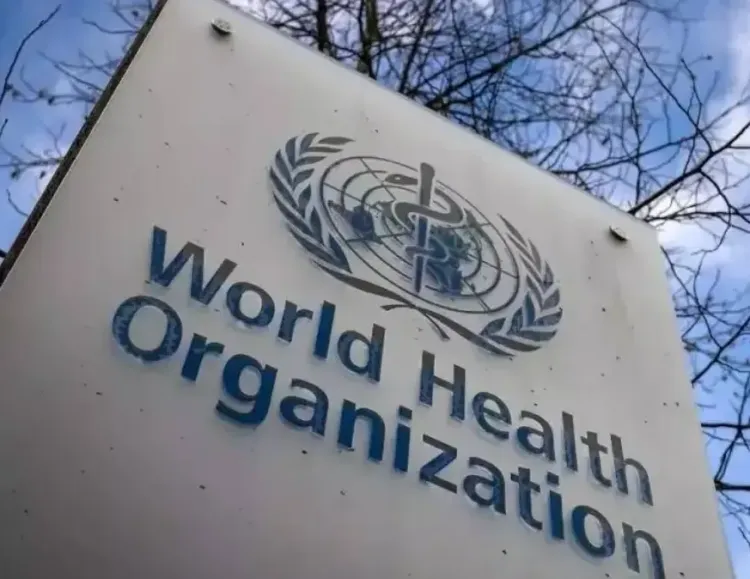WHO Allocates Further $2 Million to Bolster Uganda's Ebola Response

Synopsis
Key Takeaways
- WHO has allocated an additional $2 million for Uganda's Ebola response.
- Funding total now reaches $3 million in three weeks.
- Support includes surveillance, logistics, and treatment.
- Uganda declared an Ebola outbreak following a nurse's death.
- Confirmed cases include nine infections and one death.
Kampala, Feb 14 (NationPress) Tedros Adhanom Ghebreyesus, the Director-General of the World Health Organisation (WHO), has declared the allocation of an additional $2 million to bolster Uganda's initiatives against the ongoing Ebola outbreak, raising the total financial aid to $3 million within a span of three weeks.
In a statement shared on the X social media platform, Ghebreyesus emphasized that these funds would enhance the East African nation's efforts in addressing the outbreak. "Our teams are assisting with surveillance, laboratory work, logistics, infection prevention, and control in hospitals, treatment facilities, and research," he stated.
On January 30, the WHO had previously allocated $1 million and dispatched trial vaccines to assist Uganda's health authorities in their mission to contain and ultimately eradicate the new surge of Ebola.
Uganda officially reported an Ebola outbreak last month after a 32-year-old male nurse at the Mulago National Referral Hospital in the capital, Kampala, tragically lost his life to the disease, as reported by Xinhua news agency.
As of Wednesday, Uganda's Ministry of Health has confirmed nine laboratory-positive cases of the Ebola virus, which includes one fatality, with around 265 contacts of the initial case currently under surveillance.
Ebola is a form of viral hemorrhagic fever caused by various species within the Ebolavirus genus. Initial symptoms resemble those of the flu but can escalate to severe vomiting, bleeding, and neurological complications.
The virus can be transmitted from bats, nonhuman primates, and antelopes to humans. Subsequently, it can spread among humans, leading to significant outbreaks, predominantly in African regions.
Although Ebola is rare, outbreaks have occurred regularly since the identification of ebolaviruses in 1976 in Zaire (now the Democratic Republic of Congo). Most instances are linked to the Zaire ebolavirus and Sudan ebolavirus.
The most extensive Ebola outbreak occurred between 2014 and 2016, involving the Zaire ebolavirus, resulting in 28,646 cases and 11,323 deaths across 10 countries.









